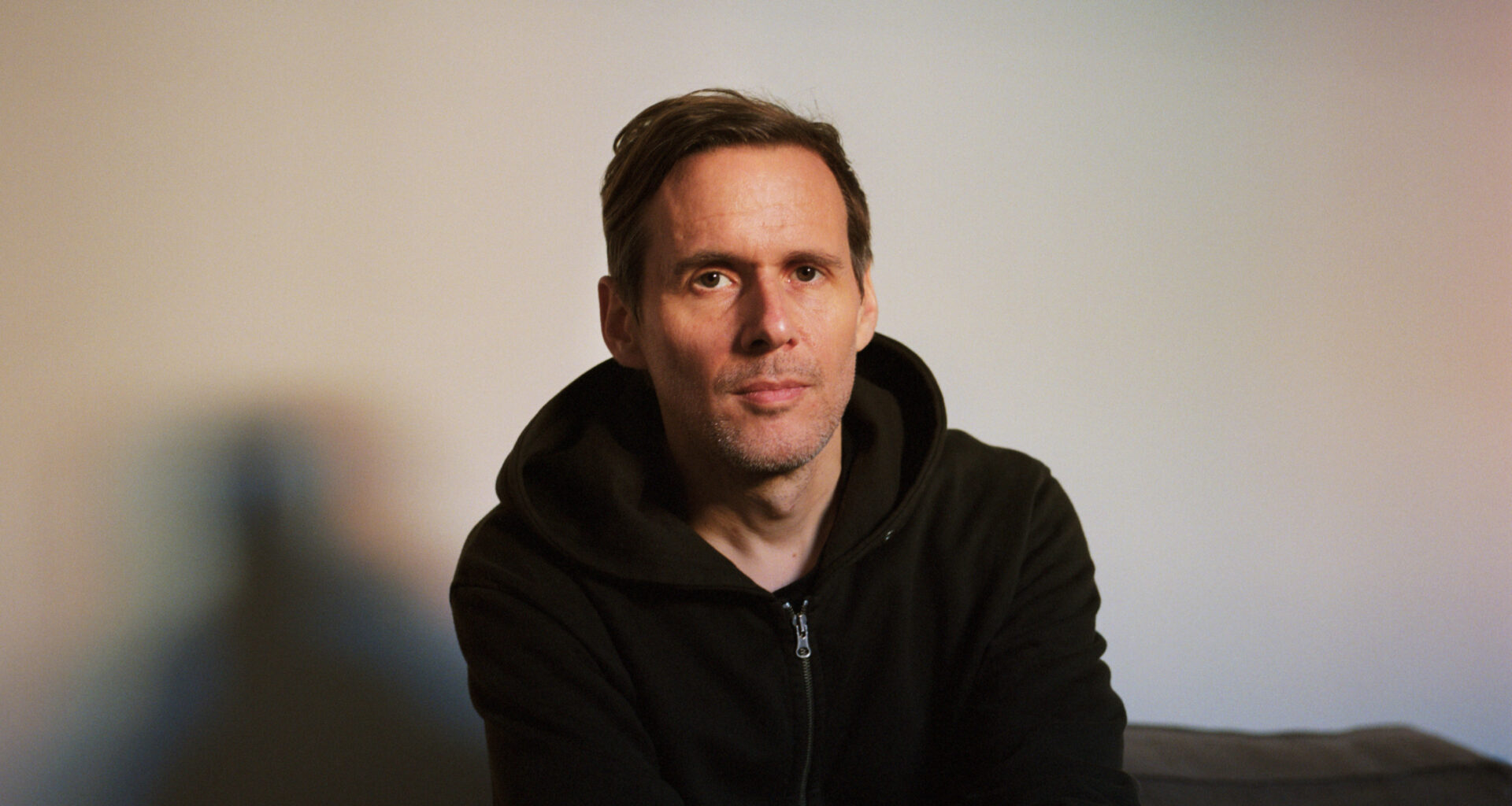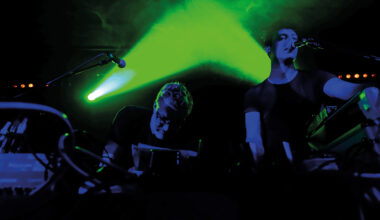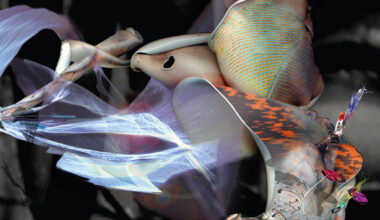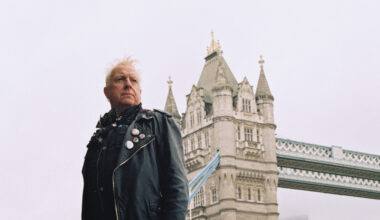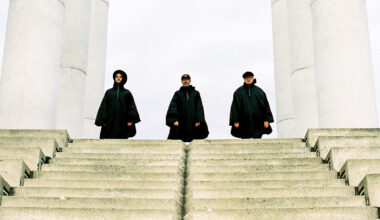On ‘Playground In A Lake’, Clark subverts his new-found classical licks with trademark dark electronic tricks. The resulting brew finds him treading fresh musical ground
Want to read more?
Sign up to Electronic Sound Premium to gain access to every post, video, special offers, and more. 100%, all you can eat, no commitment, cancel any time.
Already a premium member? Log in here
